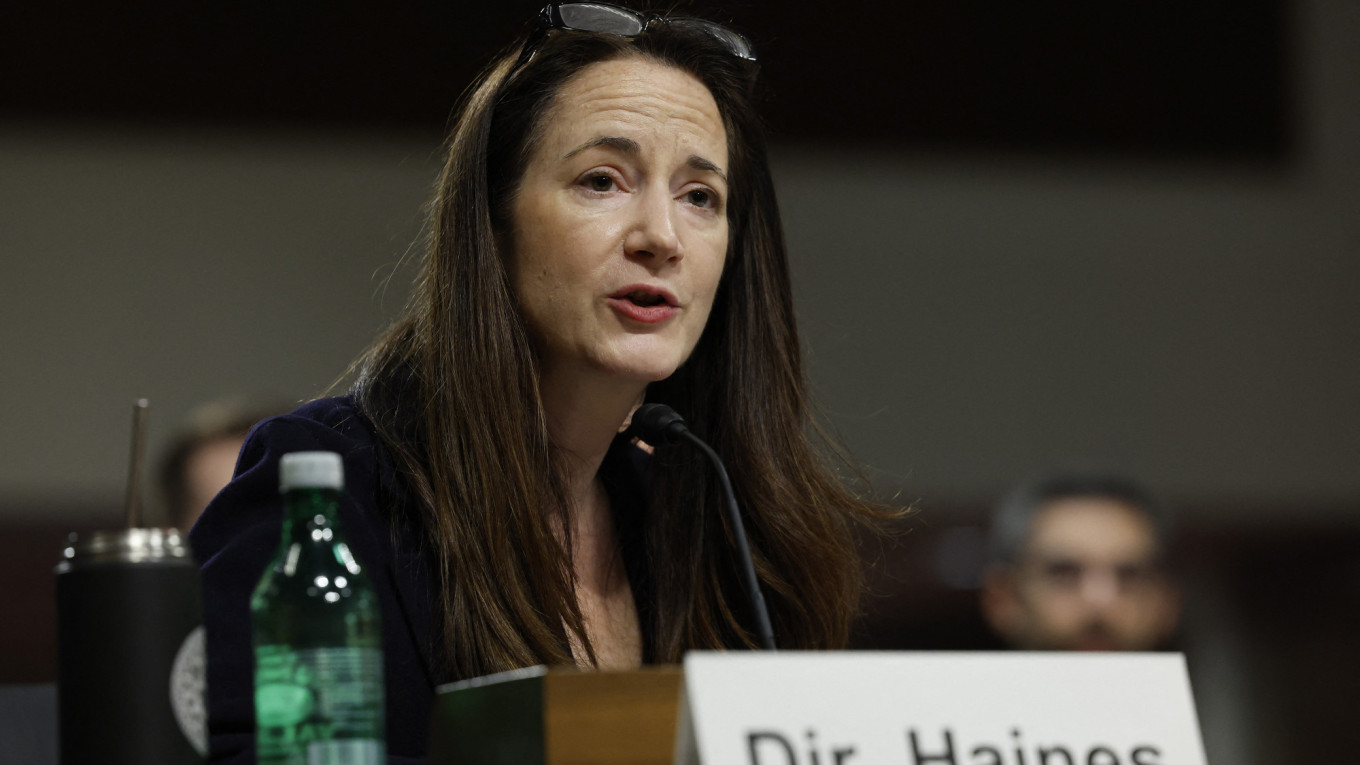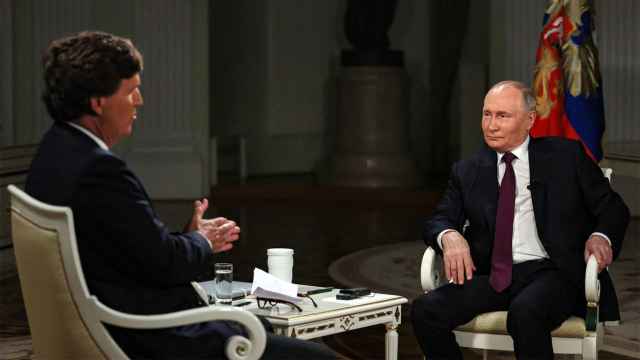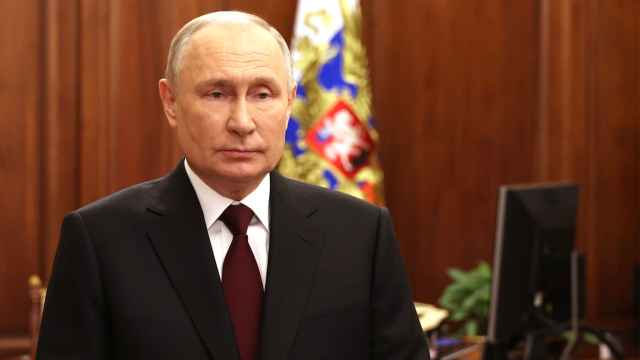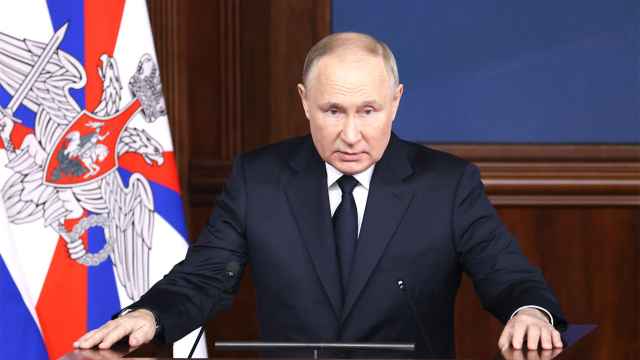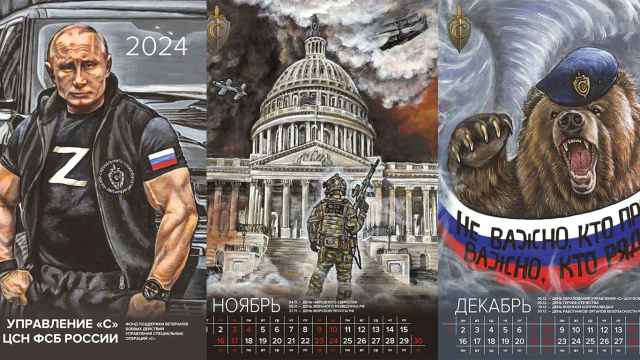Russian forces in Ukraine are so degraded they cannot mount any significant offensive moves and are focused for now on consolidating control of occupied territory, the U.S. intelligence chief said Thursday.
As Ukraine prepares for its own offensive in the coming months, Russian President Vladimir Putin still likely aims to prolong the conflict until Western support for Kyiv wanes, said Director of National Intelligence Avril Haines.
"Putin probably has scaled back his immediate ambitions to consolidating control of the occupied territory in eastern and southern Ukraine, and ensuring that Ukraine will never become a NATO ally," Haines told a hearing of the Senate Armed Services Committee.
But she said that whatever the outcome of Ukraine's offensive — whether it recaptures much of the occupied south and east or the current stalemate remains — Putin is unlikely to offer any concessions to advance peace talks.
"The challenge is that even as Putin may be scaling back his near-term ambitions, the prospect for Russian concessions to advance negotiations this year will be low unless domestic political vulnerabilities alter his thinking," Haines said.
While Western allies bolster Kyiv with arms, ammunition, and training in advance of its planned offensive, Haines noted that Russian forces have "significant" shortfalls in ammunition and personnel.
"Even if Ukraine's counter-offensive is not fully successful, the Russians are unlikely to be able to mount a significant offensive operation this year," Haines said.
To sustain even a modest offensive campaign, Putin would have to order a mandatory mobilization of army recruits as well as secure significant ammunition supplies from other countries, beyond what it gets from Iran, she said.
Still, she added: "We continue to assess that Putin most likely calculates that time works in his favor and that prolonging the war may be his best remaining pathway to eventually securing Russia's strategic interests in Ukraine."
Haines said Moscow's losses are such that its military requires "years of rebuilding."
With a weakened conventional military force, Moscow will become more reliant on nuclear, cyber, and space capabilities for deterrence, she said.
Haines added it was "very unlikely" that Moscow would use nuclear weapons in the conflict.
A Message from The Moscow Times:
Dear readers,
We are facing unprecedented challenges. Russia's Prosecutor General's Office has designated The Moscow Times as an "undesirable" organization, criminalizing our work and putting our staff at risk of prosecution. This follows our earlier unjust labeling as a "foreign agent."
These actions are direct attempts to silence independent journalism in Russia. The authorities claim our work "discredits the decisions of the Russian leadership." We see things differently: we strive to provide accurate, unbiased reporting on Russia.
We, the journalists of The Moscow Times, refuse to be silenced. But to continue our work, we need your help.
Your support, no matter how small, makes a world of difference. If you can, please support us monthly starting from just $2. It's quick to set up, and every contribution makes a significant impact.
By supporting The Moscow Times, you're defending open, independent journalism in the face of repression. Thank you for standing with us.
Remind me later.


